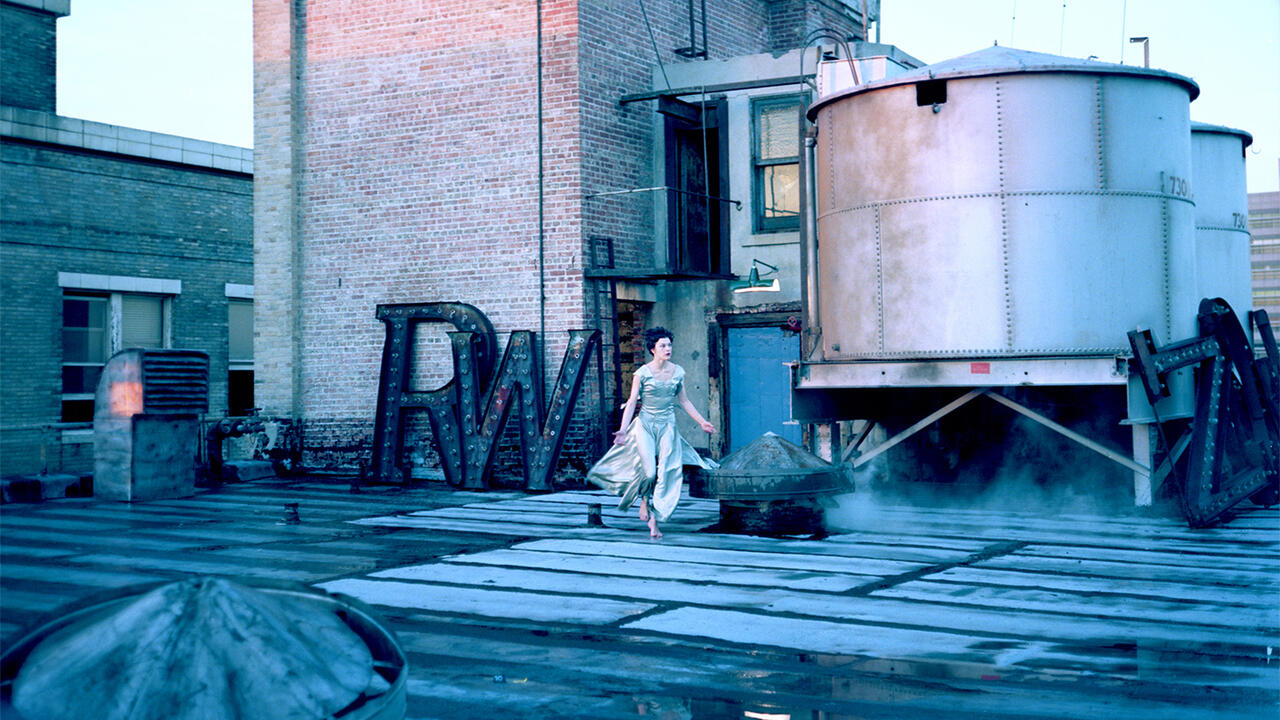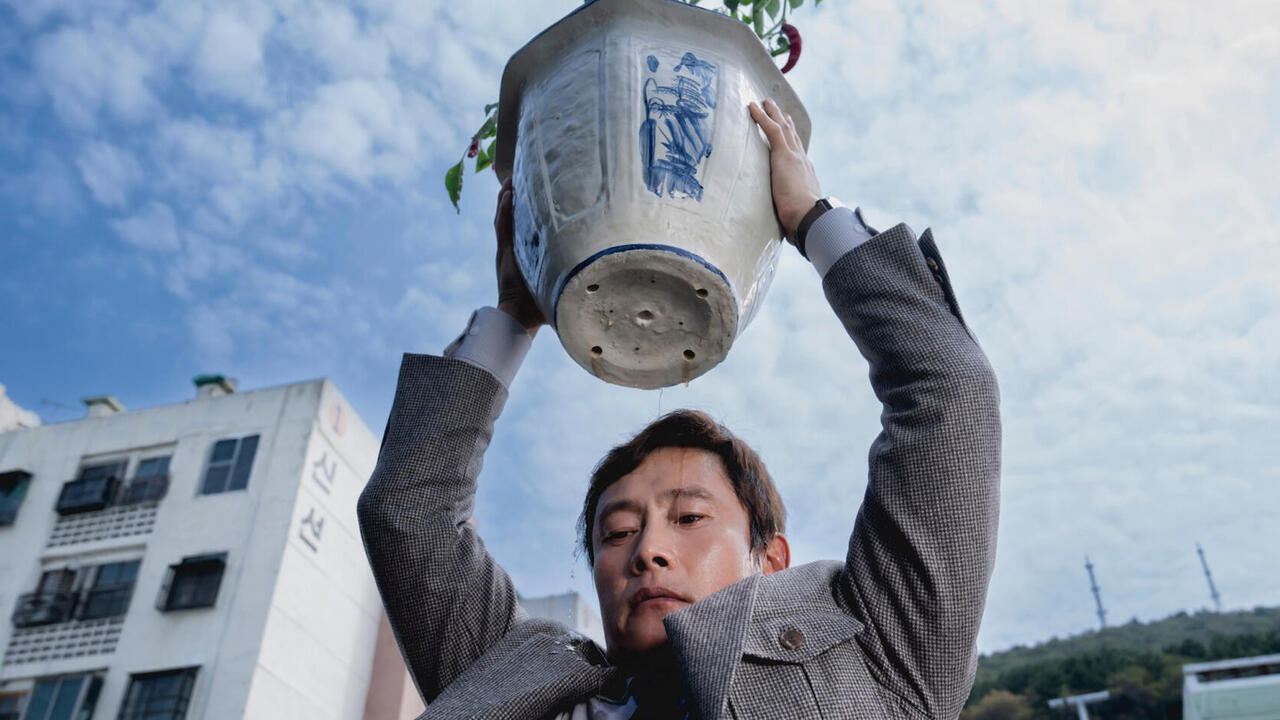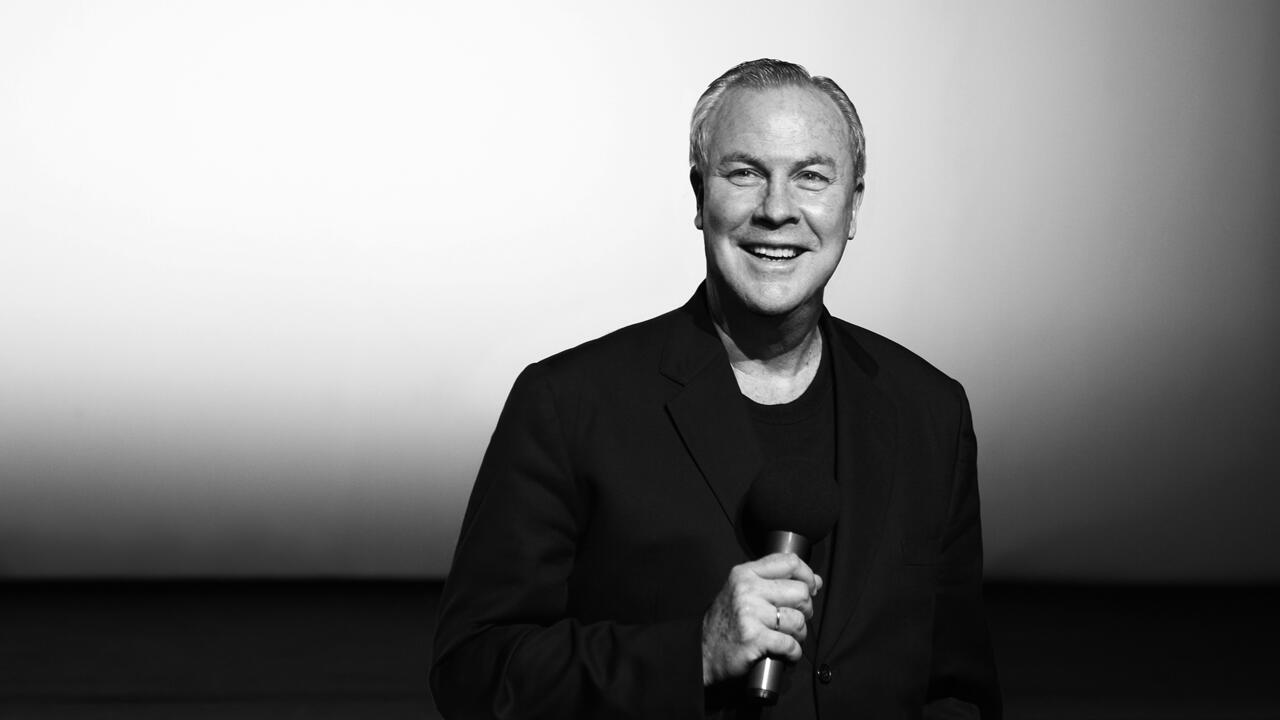With ‘Watchmen’ and ‘Joker’, Have Super Losers Replaced the Heroes?
A new spirit of bleak realism and self-questioning has infiltrated comic adaptations everywhere
A new spirit of bleak realism and self-questioning has infiltrated comic adaptations everywhere

The poster campaign for the first blockbuster superhero film, Richard Donner’s Superman (1978) made a bold promise: ‘You’ll believe a man can fly’. The character had appeared on screen before – in cartoons and cheap B-movies, with sagging costumes and visible wires. With its then record breaking US$55 million budget, what Donner’s picture offered was altogether different: pulp entertainment transfigured into a source of quasi-spiritual wonder. Thanks to the sophistication of its special effects, the Man of Steel would soar triumphantly out of the static comic book panel, and into something close to real life.

Some 40 years on, flying men – and women – are a Hollywood commonplace. Indeed, since Jon Favreau’s 2008 film Iron Man inaugurated the vast, narrative enterprise of the Marvel Cinematic Universe, which to date comprises 23 interconnected movies and a slew of auxiliary TV shows, the comic book adaptation has built a strong claim to being mainstream screen entertainment’s dominant genre. Like the Western, it operates within a familiar set of conventions, although its most interesting examples – the heavy metal space comedy of Taika Waititi’s Thor: Ragnarok (2017), the Afrofuturist succession crisis drama of Ryan Coogler’s Black Panther (2018) – refresh these through drinking deep from other, sometimes unexpected wells.
Perhaps it’s our troubled historical moment, or that the genre is experiencing a post-celebratory hangover in the wake of Avengers: Endgame (2019) becoming the highest grossing film of all time, but a new spirit of bleak realism and self-questioning is apparent in several recent comic book adaptations, among them Damon Lindelof’s HBO series Watchmen, Todd Phillips’s film Joker, and Eric Kripke’s Amazon series The Boys (all 2019). The promise, here, is not merely of convincing special effects, but of social, psychological and geo-political verisimilitude – of bringing caped Übermenschen back down to Earth, bruised, humbled and altogether more human.

Such an approach to superhero narratives is, of course, nothing new to comic book creators. In the 1980s, the British writer Alan Moore revolutionized the genre with three titles aimed squarely at an adult readership: Marvelman/Miracleman (1985–89), Swamp Thing (1984–87) and his seminal work Watchmen (1986–87), to which Lindelof’s show functions as a ‘remix’ sequel. Moore’s Watchmen lays its scene in an alternate 1980s New York, where Cold War nuclear paranoia reigns, and America’s first line of defense is the world’s lone superhuman, a Person of Mass Destruction tellingly named Dr. Manhattan. Once a fixture of urban life, costumed vigilantes have been banned, and now exist variously as mentally unstable outlaws, cynical government black-ops agents, billionaire entrepreneurs and lugubrious retirees, alone with their memories and their middle-aged spreads. When one of these ‘masks’, The Comedian, is found murdered, a whodunnit ensues, and with it a rigorous, piece-by-piece deconstruction of every conceivable superhero trope. Watchmen is fêted for many reasons, not least the extraordinary contribution of its artist, Dave Gibbons, who reprogrammes the nine-panel grid of the comics page to create a whole new storytelling vocabulary. For me though, what really lingers is that Moore’s work has few, if any, unambiguous heroes, and no clear villain either, unless it is the way human beings often mistake their power fantasies for a selfless desire to improve the world. Watchmen is commonly regarded as the apotheosis of the traditional costumed crimefighter narrative. Surely Moore’s true purpose was to dig its grave.

Given Watchmen’s none-more-classic status, the critical failure of Zack Snyder’s wretched 2009 film adaptation, and Moore’s famous antipathy toward his work being brought to the screen, Lindelof’s television sequel has much to prove. The showrunner swaps the comic’s New York location for Tulsa, Oklahoma, site of the 1921 Black Wall Street Massacre, one of the worst acts of racist mob violence in US history, and the event with which the first episode opens. Jumping to 2019, we find that the fragile global peace won at the end of Moore’s story still obtains, although on a local level, a white supremacist group named the 7th Kavalry (styled after Rorschach, a Travis Bickle-like vigilante from the comic) is carrying out terrorist attacks against the city’s racially integrated police force, who patrol in masks to protect their identity, and have formed an unofficial alliance with a band of low-rent costumed crimefighters, including the Watchmen universe’s first African-American hero, Sister Night (Regina King). Far away, in an English castle, we spend a brief, gnomic scene with Moore’s character Ozymandias (Jeremy Irons), a kind of Richard Branson in spandex, who secretly orchestrated the nuclear détente in the ’80s, at the cost of three million lives. Historical injustices, both real and imagined, look set to be tried. (‘Nothing ever ends’, Ozymandias whispers to himself in the second episode, quoting Dr. Manhattan at the end of the comic.) Only three episodes of Lindelof’s show have aired, but their ambition, intensity and soiled and mournful atmosphere (which it shares with the final, extraordinary season of Lindelof’s rapture drama, The Leftovers, 2014–17) already mark it out as a milestone in onscreen superhero storytelling.

Much ink has been spilled on the subject of Todd Phillips’s Joker, the first comic book movie to be awarded the Golden Lion at the 2019 Venice Film Festival. Hot takes proliferate on its representation of mental ill-health, its portrait of American class tensions and fears that its protagonist’s journey from loveless loser to murderer might give rise to real world ‘incel’ violence. Less discussed is Phillips’s handling of his source material. The director does not so much deconstruct the titular villain, as grudgingly employ him as a Trojan Horse in order to smuggle a cosmetically convincing, though thematically clumsy, pastiche of early-period Martin Scorsese into the multiplex. References to the world of the Batman comics are kept to a minimum, and you can imagine Phillips cringing on the few occasions that, say, Gotham City is mentioned, or the nine-year-old Bruce Wayne appears on screen, and with him the unwelcome spectre of a Joker sequel, in which the Clown Prince of Crime goes head to head with the now-adult Caped Crusader. Ironically, without these reminders that we’re not in the New York of Taxi Driver (1976) or The King of Comedy (1983), the film would lose its only claim to originality.
If Joker is embarrassed by even a tacit association with superheroes, then Eric Kripke’s The Boys (based on Garth Ennis’s 2006–12 comic of the same name) treats them as the subject of gleeful satire, imagining ‘capes’ as venal, sleazy celebrities, shilling for a multinational corporation. Here, thinly disguised analogues of leading Marvel and DC properties such as Captain America and Wonder Woman present a wholesome public face, while secretly dosing themselves with performance enhancing drugs, and indulging in every vice known to super-humanity. While the emphasis in Ennis’s comic is firmly on shocks, Kripke’s show presents all but the worst of these costumed hypocrites as victims of the capitalist image culture they embody, and their excesses as desperate attempts to self-medicate. It’s hard to think of a more credible vision of how superpowered beings might behave in our own world.

Will this accent on realism persist in onscreen superhero stories? Matt Reeves’s forthcoming film The Batman (2021), which the director has said will take the form of a murky detective drama, seems set to continue the trend, although Netflix’s recent commissioning of a series based on Neil Gaiman’s The Sandman (1989–96), a title that Norman Mailer once described as ‘a comic strip for intellectuals’, suggests a coming turn towards gothic fantasy that wears its reading list on its sleeve. What seems certain, however, is that costumed comic book characters – deconstructed, reconstructed, given all manner of new inflections – will continue to occupy more and more cultural space. Towards the end of Christopher Nolan’s tech-noir existential thriller The Dark Knight (2008), still perhaps the best superhero movie ever made, Heath Ledger’s Joker delivers the line: ‘I think you and I are destined to do this forever’. He’s addressing Christian Bale’s Batman, but he’s also talking to us.























